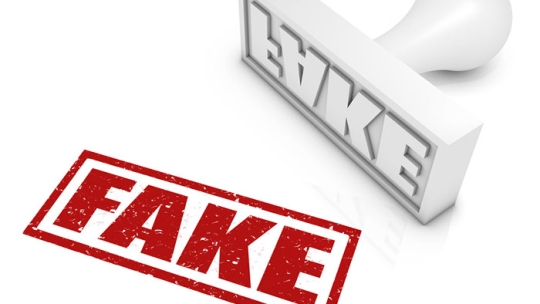
As CCO of Children’s of Alabama, one of the country's largest pediatric medical facilities, I am in a unique position to understand and observe the importance not only of communicating information that is timely and transparent, but that the manner in which it is conveyed conforms to the accurate and ethical standards of the communication profession.
Our hospital experiences more than 677,000 outpatient visits and 15,000+ inpatient admissions annually. The delivery of up-to-date, trustworthy news and data is crucial to the decisions affecting children’s health. In many cases, it saves lives.
There is no doubt that we are living in extremely challenging times. Events and circumstances are causing the media landscape to shift in rapid and unexpected ways. As communication professionals, we are on the front lines of–and often the public face of–our organization’s policies, strategic direction and reputation. We are reshaping the parameters and priorities of how we communicate, and what we communicate. This creates opportunities to set an ethical tone, personally and professionally.
Communicators Throughout the Enterprise
As is true for many of us, I am responsible for the management and ethical workings of my team. But I also work to help ensure that people throughout the hospital–including medical personnel, administration and support staff–have the information, tools, and guidance to successfully perform their duties, for the benefit of our patients and the organization.
All of this disruption can, for many, create uncertainty, especially in the face of widespread disinformation, misinformation and distortion. For these reasons, it is even more imperative for communicators to act ethically. Simply said, we must recognize the importance of always doing the right thing, the theme for this year’s Ethics Month, which celebrates PRSA’s Code of Ethics.
The Code provides a focused framework for ethical behavior, embodied in six core values:
- Advocacy
- Honesty
- Expertise
- Independence
- Loyalty and
- Fairness
Advocating for truth and responsibility is a key, if not the key, element of a communicator’s daily role. We all provide, as the Code states, “a voice in the marketplace of ideas, facts and viewpoints to help inform public debate.” And that marketplace is becoming increasingly controversial and unpredictable.
Trust, Honesty and Courage
Communicators must be honest in everything we say and do. Trust and honesty often take courage in today’s volatile climate, as others try to add misinformation into the conversation simply to challenge credibility. Fairness is a close corollary to honesty, respecting the opinions and positions of all stakeholders, even if they differ from our own.
What does expertise have to do with ethics? Try delivering a statement to, or answering a question from, the media without having done your due diligence. The more you know about those you represent, your industry and developing trends, the better prepared you are to “build mutual understanding, credibility and relationships among a wide array of institutions and audiences,” as the Code advises.
Independence equals objectivity and integrity, essential elements as we are held accountable by those with whom we work, while at the same time holding ourselves accountable for our actions.
Loyalty means acting honorably and being honest with our companies and colleagues, and always staying true to our mission to serve the public interest.
Right now, virtually all organizations, no matter their business focus, are struggling with the short- and long-term ramifications of the coronavirus pandemic and social unrest. As we continue to collaborate with and support our various constituencies, we must also maintain our roles as trailblazers of ethical behavior. Doing the right thing means we will all be healthier for it.
T. Garland Stansell is CCO of Children's of Alabama and chair of PRSA
